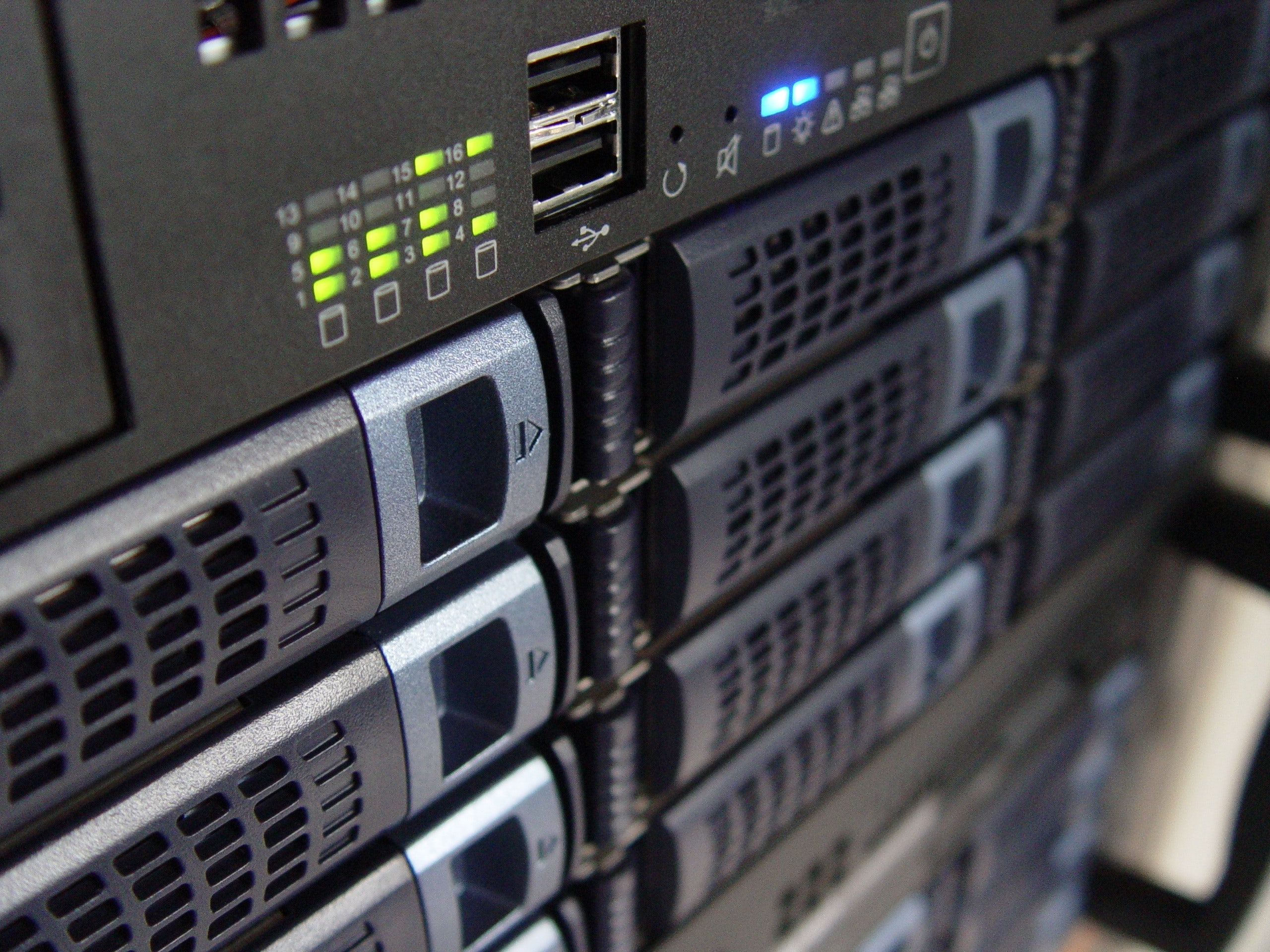Security Risk of Offline Equipment
In 2017, the number of data breaches in the US hit a record high, up 45% year over year. Most breaches were caused as a result of hacking, but a notable percentage were caused by improper disposal (10.4%). This category also included employee error, negligence and loss of laptops or other storage devices. These mistakes can easily happen in the breakdown of a security policy – especially when old equipment is being stored.
The Business sector topped the breach list again for the third year in a row, Medical/Healthcare came in second, followed by the Banking/Credit/Financial sector, then Educational and Government/Military.






